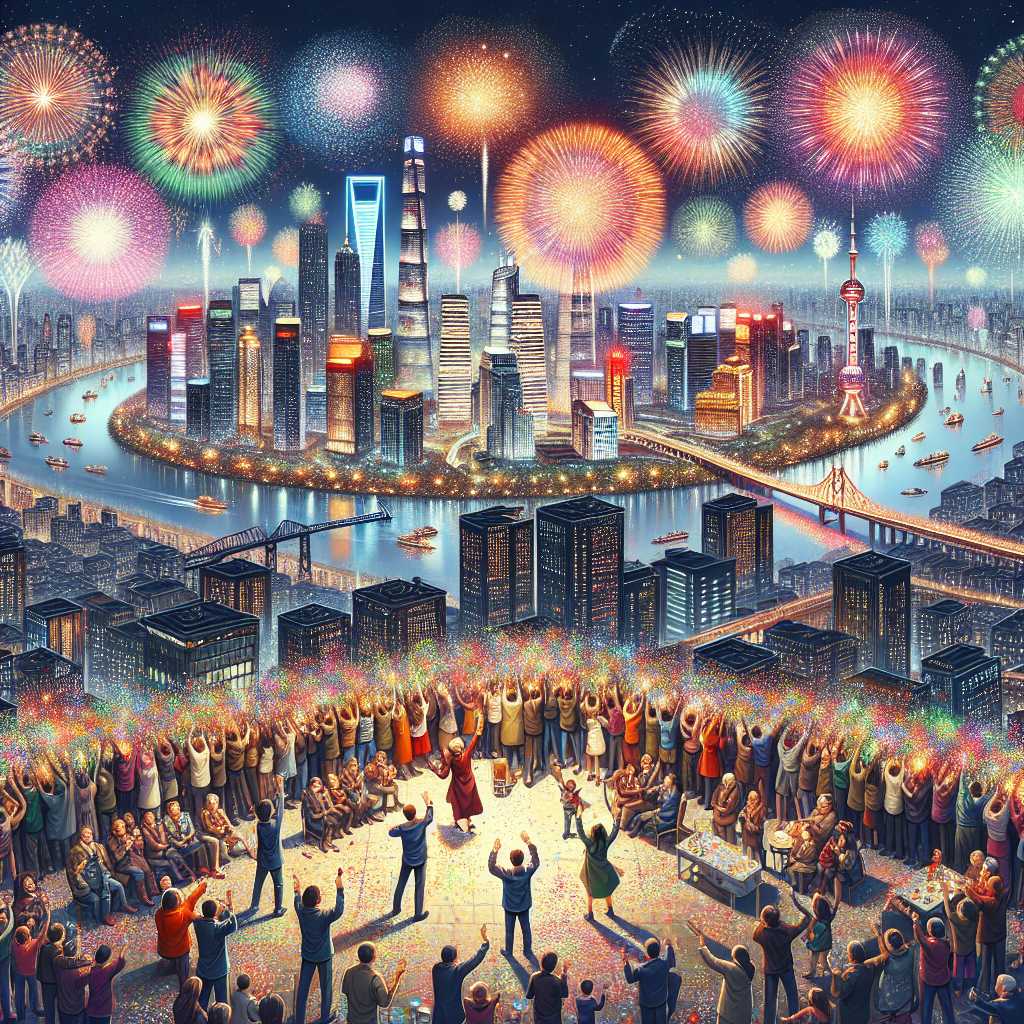A Comprehensive Overview of New Year Celebrations Around the World
As the Earth completes another orbit around the Sun, cultures across the globe commemorate this passage of time with festivities and traditions that reflect both joy and hope for the future. “Happy New Year!” is the common cheer shared among people, celebrating the dawn of a fresh calendar year. This is a discursive exploration of how different communities around the world observe New Year’s Day and the various customs that mark these lively festivities.
The Global Significance and Historical Roots of New Year Celebrations
New Year celebrations are rooted in history and cultural traditions that date back thousands of years. Historically, ancient civilizations observed the New Year during different times of the year. For example, the Roman calendar, which heavily influences modern Western calendars, initially placed the start of the new year in March. This changed in 46 B.C., when Julius Caesar introduced the Julian calendar, declaring January 1 as the official beginning of the New Year in honor of Janus, the Roman god of beginnings whose two faces allowed him to look back into the past and forward into the future.
Embracing A Time of Reflection and Resolution
As the year draws to a close, individuals take the opportunity to reflect on past events and set resolutions for the year ahead. A ‘New Year’s resolution’ is a tradition in which a person resolves to continue good practices, change an undesired trait or behavior, accomplish a personal goal, or otherwise improve their life.
Festivities and Traditions: A Kaleidoscope of Global Practices
Different parts of the world indulge in distinctive traditions symbolizing their hopes and celebrating renewal. Let us delve into some unique customs.
Festive Foods for Prosperity and Good Fortune
Many cultures attach significant importance to certain foods consumed during New Year’s celebrations, believing they are symbolic of good luck and prosperity for the coming year. Lentils resemble coins and signify wealth in Italy; in Spain and Portugal, 12 grapes are eaten at midnight to bring good fortune for each month of the new year; while rice cakes (mochi) are a symbol of longevity and prosperity in Japan.
Countdowns, Fireworks, and Festive Gatherings
Around the world, spectacular fireworks light up the skies as people countdown to midnight on December 31. The spectacular displays are often accompanied by public concerts, parties, family gatherings, and other festive events.
First-Footing and Other Unusual Customs
In Scotland, a practice called ‘first-footing’ is observed. It is considered good luck for a tall dark-haired male to be the first to enter one’s home after midnight with gifts such as whisky or shortbread. Meanwhile, in South American countries like Brazil and Venezuela, wearing particular colors of underwear on New Year’s Eve is thought to influence one’s destiny in various areas of life for the coming year.
Reflective Religious Ceremonies
Religious observances are also common on New Year’s Eve and Day, where people seek blessings for the year ahead. These practices may include attending church services, chanting hymns or mantras, or even walking through burning embers to purify oneself for entering the New Year unburdened by past misfortunes.
Cultural Variations: Lunar New Year and Rosh Hashanah
Different cultures celebrate New Year’s at varying times of the year based on their own unique calendars. For instance, Lunar New Year (often referred to as Chinese New Year) occurs between January 21 and February 20th, depending on when the new moon is sighted. Rosh Hashanah marks the Jewish New Year, ushering in a period of introspection and self-reflection that commences in September or October.
The Impact of Modern Times on Celebration Practices
Over time, advancements in technology have altered how celebrations take place, with televised Countdowns reaching global audiences, making Time Square’s Ball Drop an internationally recognized event. Moreover, digital connectivity allows loved ones to share festive moments virtually if they can’t be together physically.
Notes
Image description
The image could showcase a breathtaking view of fireworks erupting over a major city skyline at night. Crowds gather with excitement visible in their expressions as colors cascade against the sky behind them to welcome in the New Year.
sKteR

